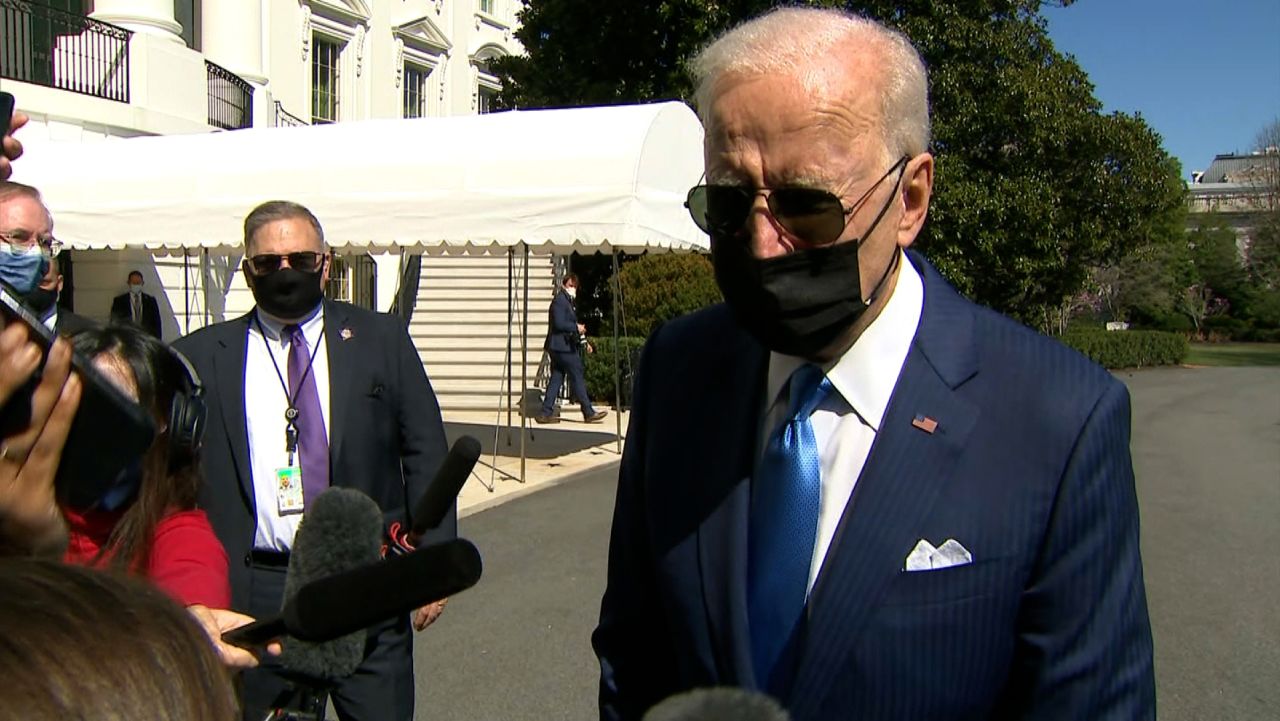The ongoing lawsuit filed by the Biden administration against Georgia’s voting laws has sparked renewed debate, with Georgia’s Secretary of State, Brad Raffensperger, calling for the lawsuit to be dropped. The lawsuit, initiated in 2021, argues that Georgia’s election laws are racially discriminatory and were designed to suppress Black voters’ rights.
This case stems from Georgia’s 2021 election law, which President Joe Biden famously described as “Jim Crow 2.0” and “Jim Crow in the 21st Century.” The lawsuit claims the law violates the rights of voters, particularly those in minority communities, by making it harder for them to cast their ballots.
What Is the Lawsuit About?
In 2021, shortly after Georgia implemented its election integrity laws, the Department of Justice (DOJ) filed a lawsuit against the state. At the time, then-Attorney General Merrick Garland argued that the new law included “racially discriminatory provisions.” According to the DOJ, these measures were intended to limit voter participation based on race and ethnicity.
Merrick Garland emphasized the importance of protecting voter rights, stating, “The right of all eligible citizens to vote is the central pillar of our democracy.” The lawsuit, he said, was the first step in ensuring that every eligible voter could cast their ballot and have their vote counted.
The Response from Georgia
Georgia’s Secretary of State, Brad Raffensperger, strongly opposes the lawsuit, calling it politically motivated. Last week, Raffensperger issued a press release urging the DOJ to end the lawsuit and release any documents related to coordination between the Biden administration and liberal organizations.
“The Biden Administration and Stacey Abrams created a false narrative regarding Georgia’s elections,” Raffensperger stated. “The DOJ should never be leveraged for political purposes, and I hope Attorney General Bondi will join us in ending this frivolous lawsuit against Georgia.”
Raffensperger also pointed to the negative economic impact the criticism of Georgia’s law has had on the state. For example, Major League Baseball moved its 2021 All-Star Game from Atlanta in protest of the voting law, costing the city—where the population is predominantly Black—an estimated $70 million in revenue.
Interestingly, despite continued criticism, Georgia’s voting laws remain unchanged. In fact, Major League Baseball plans to hold the 2025 All-Star Game in Atlanta, proving that the reforms have not deterred public or economic engagement.
Record Voter Turnout Challenges Lawsuit Claims
One of the central arguments against the lawsuit is the record voter turnout Georgia has experienced since the implementation of the election laws. According to data, Georgia saw a surge in voter registration and participation during the 2022 and 2024 elections.
Critics of the lawsuit, such as Hans von Spakovsky from the Heritage Foundation, argue that these numbers show the lawsuit lacks merit. “This lawsuit had no justification,” von Spakovsky told Fox News Digital. “The reforms have worked, as evidenced by record turnout and satisfaction among voters. The claims of racial discrimination are unfounded.”
A University of Georgia poll in 2022 found that 99% of voters faced no issues while casting their ballots. A similar poll conducted in 2024 showed that 98% of voters had a smooth voting experience, further undermining the DOJ’s claims.
What Happens Next?
The lawsuit is currently on appeal in the 11th Circuit Court. Meanwhile, Georgia officials are urging the Biden administration to end what they call a “politically motivated” legal battle.
“The DOJ filed this lawsuit for political reasons,” von Spakovsky stated. He added that the Biden administration’s rhetoric around “Jim Crow 2.0” was designed to scare voters and had no basis in fact.
While the Justice Department has declined to comment on the lawsuit, the outcome of this case could have significant implications for election laws and voter access across the country.
As the debate continues, one thing is clear: Georgia’s voting reforms remain in place, and public confidence in the electoral process appears to be growing.
Disclaimer – Our team has carefully fact-checked this article to make sure it’s accurate and free from any misinformation. We’re dedicated to keeping our content honest and reliable for our readers.








